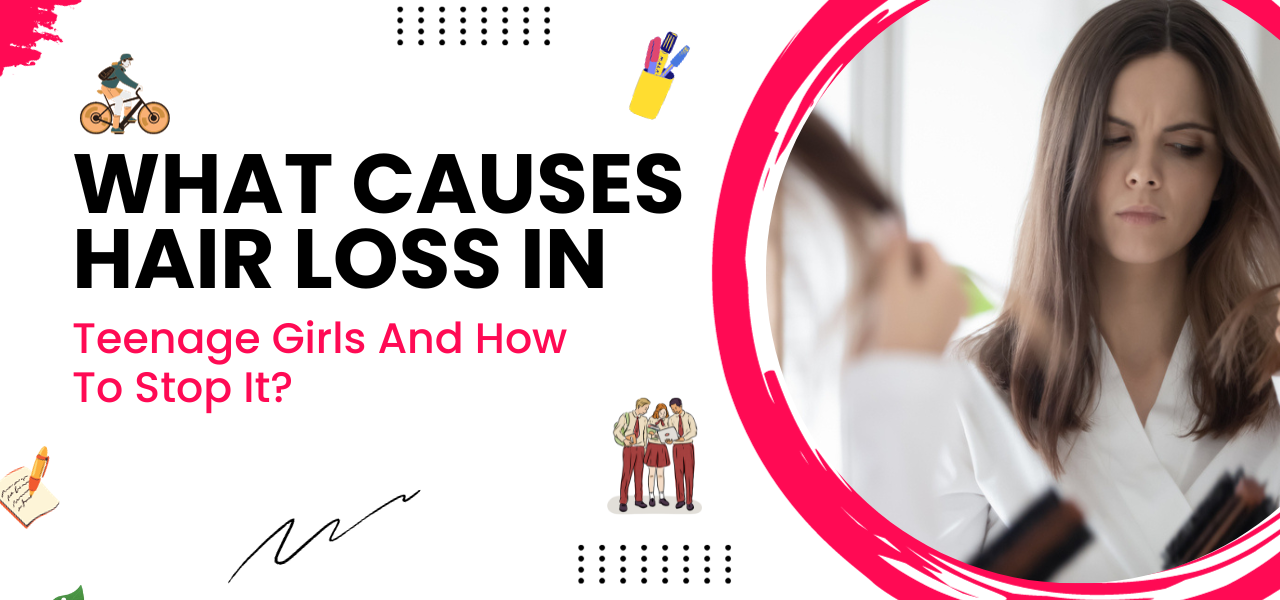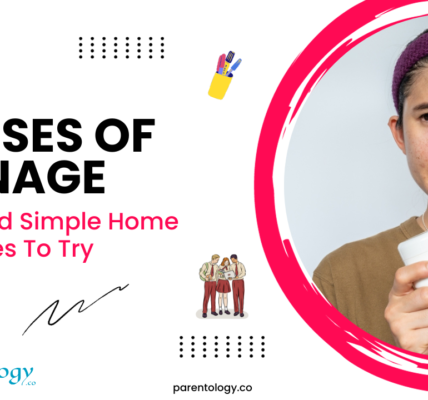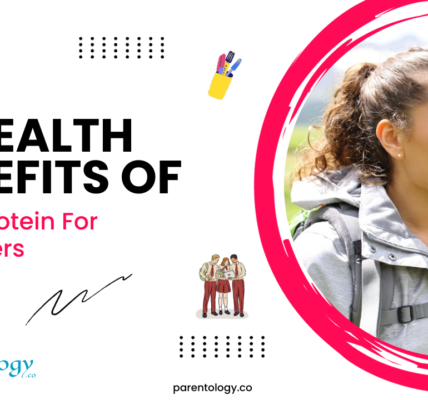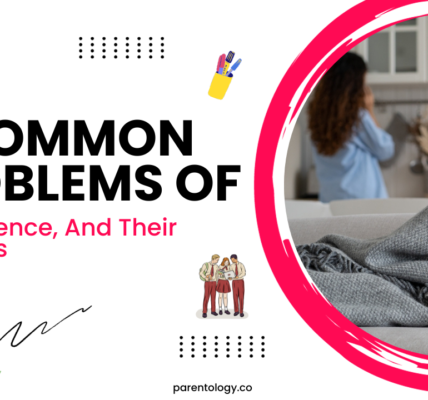How to Stop Hair Loss in Teenage Girls: Understanding Causes and Effective Solutions
Hair loss can be distressing for teenagers. Understanding the reasons behind this issue and implementing effective solutions are crucial to maintaining healthy hair and boosting confidence. Let’s find the solution of how to stop hair loss in teenage girl.
Understanding Hair Loss in Teenage Girls
Common Causes:
- Hormonal Changes: Fluctuations in hormones during puberty can trigger hair shedding.
- Nutritional Deficiencies: Inadequate intake of essential nutrients like iron, vitamins, and protein can lead to hair thinning.
- Stress and Anxiety: Emotional stress and anxiety can contribute to hair loss in teenagers.
- Genetics: Family history can influence hair health, making some teens more prone to hair loss.
- Hairstyling Habits: Excessive heat styling, tight hairstyles, or chemical treatments can damage hair follicles.
How to Stop Hair Loss in Teenage Girl
Healthy Habits to Adopt:
- Balanced Diet: Ensure a nutritious diet rich in proteins, vitamins, and minerals for healthy hair growth.
- Gentle Hair Care: Use mild shampoos, avoid excessive brushing, and limit heat styling to protect hair.
- Manage Stress: Encourage stress-relieving activities like yoga, meditation, or hobbies.
- Regular Exercise: Physical activity aids in improving circulation, benefiting overall hair health.
- Avoid Tight Hairstyles: Minimize hairstyles that pull on the scalp to prevent hair breakage.
Effective Solutions of How to Stop Hair Loss in Teenage Girl
Remedies and Treatments:
- Scalp Massage: Stimulate blood flow by gently massaging the scalp with essential oils like coconut or almond oil.
- Supplements: Consult a healthcare professional for supplements like biotin or iron if facing deficiencies.
- Medical Consultation: Seek advice from a dermatologist or trichologist for personalized treatments.
- Low-Level Laser Therapy (LLLT): LLLT devices can stimulate hair follicles, promoting hair growth.
- Prescription Medications: In some cases, doctors may prescribe medications to control hair loss.
Understanding Hormonal Influences
Hormonal changes, especially during puberty, can significantly impact hair health in teenage girls. Fluctuations in estrogen, progesterone, and testosterone levels can affect the hair growth cycle. Adolescents might notice increased shedding or changes in hair texture due to these hormonal shifts.
Nutritional Deficiencies and Hair Loss
A balanced diet is crucial for maintaining healthy hair. Nutrient deficiencies, particularly iron, zinc, biotin, and vitamins A, C, D, and E, can contribute to hair thinning or loss in teenagers. Encouraging a well-rounded diet rich in fruits, vegetables, lean proteins, and whole grains is essential for supporting optimal hair growth.
Emotional Well-being and Hair Health
Stress, anxiety, and psychological pressures experienced during adolescence can affect hormonal balance, leading to hair loss. Creating a supportive environment, encouraging open communication, and providing stress-relief strategies can positively impact a teenager’s emotional well-being and potentially improve hair health.
Scalp Conditions and Hair Loss
Various scalp conditions such as dandruff, seborrheic dermatitis, or fungal infections can contribute to hair loss in teenagers. Ensuring proper scalp hygiene, using gentle shampoos, and seeking medical advice for persistent scalp issues are crucial steps in managing these conditions and promoting hair health.
Holistic Approaches to Manage Hair Loss
Herbal and Natural Remedies:
- Aloe Vera: Applying aloe vera gel to the scalp can soothe the skin and support a healthy scalp environment.
- Essential Oils: Some essential oils like lavender, rosemary, and peppermint may aid in improving scalp condition and hair growth.
- Healthy Hair Practices: Encouraging regular hair washing, detangling with care, and avoiding tight hairstyles can prevent hair breakage and support healthy hair growth.
Seeking Professional Guidance
When addressing hair loss in teenage girls, seeking advice from healthcare professionals, such as dermatologists or trichologists, is crucial. These specialists can conduct thorough evaluations, diagnose underlying causes, and recommend suitable treatments or lifestyle modifications tailored to an individual’s specific needs.
Importance of Patience and Consistency
It’s important to emphasize that addressing hair loss in teenagers often requires patience and consistency. Results from lifestyle changes or treatments may take time to manifest. Encouraging a positive attitude and consistent adherence to healthy practices can significantly impact the outcome.
Parental Support and Encouragement
Providing emotional support, fostering healthy habits, and advocating for open communication play vital roles in helping teenagers manage hair loss. Creating a supportive environment allows teenagers to feel comfortable seeking guidance and adhering to recommended strategies.
Lifestyle Modifications for Hair Health
Sleep and Rest:
- Adequate sleep is crucial for overall health, including hair growth. Encourage a consistent sleep schedule to support hormonal balance and hair health.
Exercise and Physical Activity:
- Regular physical activity enhances blood circulation, delivering essential nutrients to hair follicles. Encourage teenagers to engage in regular exercise for overall well-being, including hair health.
Hydration:
- Proper hydration is essential for healthy hair growth. Encourage teens to drink an adequate amount of water daily to maintain scalp health and hair moisture.
Identifying and Addressing Underlying Medical Conditions
- Sometimes, underlying medical conditions such as thyroid disorders or polycystic ovary syndrome (PCOS) can contribute to hair loss in teenage girls. Seeking medical evaluation and treatment for these conditions can positively impact hair health.
Avoiding Harsh Chemicals and Heat Styling
- Excessive use of harsh chemical treatments, frequent coloring, or heat styling tools can damage hair follicles. Encourage gentle hair care practices to minimize damage and breakage.
Emphasizing Individuality and Self-Confidence
- It’s important to remind teenagers that their self-worth isn’t solely tied to their appearance. Encourage self-confidence and positive self-image irrespective of hair-related concerns.
Support Groups and Community Resources
- Online or local support groups can provide valuable emotional support and a sense of community for teenagers facing hair loss. These platforms offer a safe space to share experiences and seek advice.
Lifestyle Changes for Whole Family
- Encouraging healthy lifestyle changes for the whole family, including nutritious meals and stress management techniques, fosters an environment supportive of overall health and hair well-being for teenagers.
Addressing Psychological Impact
- Hair loss can have a significant psychological impact on teenagers. Providing emotional support, open dialogue, and professional counseling if needed can help them cope with these challenges.
Reassurance and Encouragement
- Continuous reassurance and encouragement are crucial. Emphasize that seeking help and managing hair loss is a proactive step towards overall health and well-being.
FAQs – of How to Stop Hair Loss in Teenage Girl
Q 1. Why is my hair falling out as a teenager?
Ans 1: As a teenager, hormonal changes, nutritional deficiencies, stress, and hairstyling habits can contribute to hair loss. Addressing these factors is crucial in preventing hair fall.
Q 2. Can diet affect hair loss in teenage girls?
Ans 2: Yes, inadequate nutrition can lead to hair loss in teenagers. Ensure a balanced diet rich in proteins, vitamins, and minerals to promote healthy hair growth.
Q 3. What are some stress-relieving activities to prevent hair loss?
Ans 3: Activities like yoga, meditation, exercise, and spending time in nature can help reduce stress levels, indirectly impacting hair health positively.
Q 4. How often should I wash my hair to prevent hair loss?
Ans 4: Washing hair 2-3 times a week using mild shampoos can help maintain scalp health and prevent excessive hair fall.
Q 5. Can medication cause hair loss in teenage girls?
Ans 5: Certain medications or medical conditions may have hair loss as a side effect. Consult a healthcare professional for guidance on managing medication-induced hair fall.
Q 6: Is hair loss in teenage girls normal?
Ans 6: Some hair shedding is normal, but excessive or sudden hair loss should be evaluated.
Q 7: Can poor nutrition cause hair loss in teenagers?
Ans 7: Yes, inadequate nutrition can impact hair health and contribute to hair loss.
Q 8: Will hair grow back after a period of hair loss?
Ans 8: In many cases, with proper care and treatment, hair can regrow.
Q 9: Does hormonal imbalance during puberty affect hair growth?
Ans 9: Yes, hormonal changes can disrupt the hair growth cycle, leading to hair loss.
Q 10: Can excessive styling damage teenage hair?
Ans 10: Yes, frequent use of heat styling tools or tight hairstyles can damage hair follicles.
Q 11: How long does it take to see results from hair loss treatments?
Ans 11: Results vary depending on the treatment; patience and consistency are key.
Q 12: Are there specific vitamins that promote hair growth in teenage girls?
Ans 12: Biotin, vitamin D, and iron are essential for healthy hair growth.
Q 13: Can stress cause hair loss in teenagers?
Ans 13: Yes, stress can trigger hair shedding and affect the growth cycle.
Q 14: Are there any natural remedies to stop hair loss in teenage girls?
Ans 14: Scalp massages, proper nutrition, and stress management can help naturally.
Q 15: Should teenagers consult a doctor for hair loss concerns?
Ans 15: It’s advisable to consult a healthcare professional for persistent or severe hair loss.
Conclusion: Empowering Teenage Girls for Hair Health
Supporting teenage girls through education, emotional support, healthy lifestyle modifications, and seeking professional guidance fosters an environment conducive to managing and preventing hair loss. Encourage an understanding that hair loss is a common concern that can often be addressed successfully.
For further insights on how to stop hair loss in teenage girl, visit Parentology.co.





